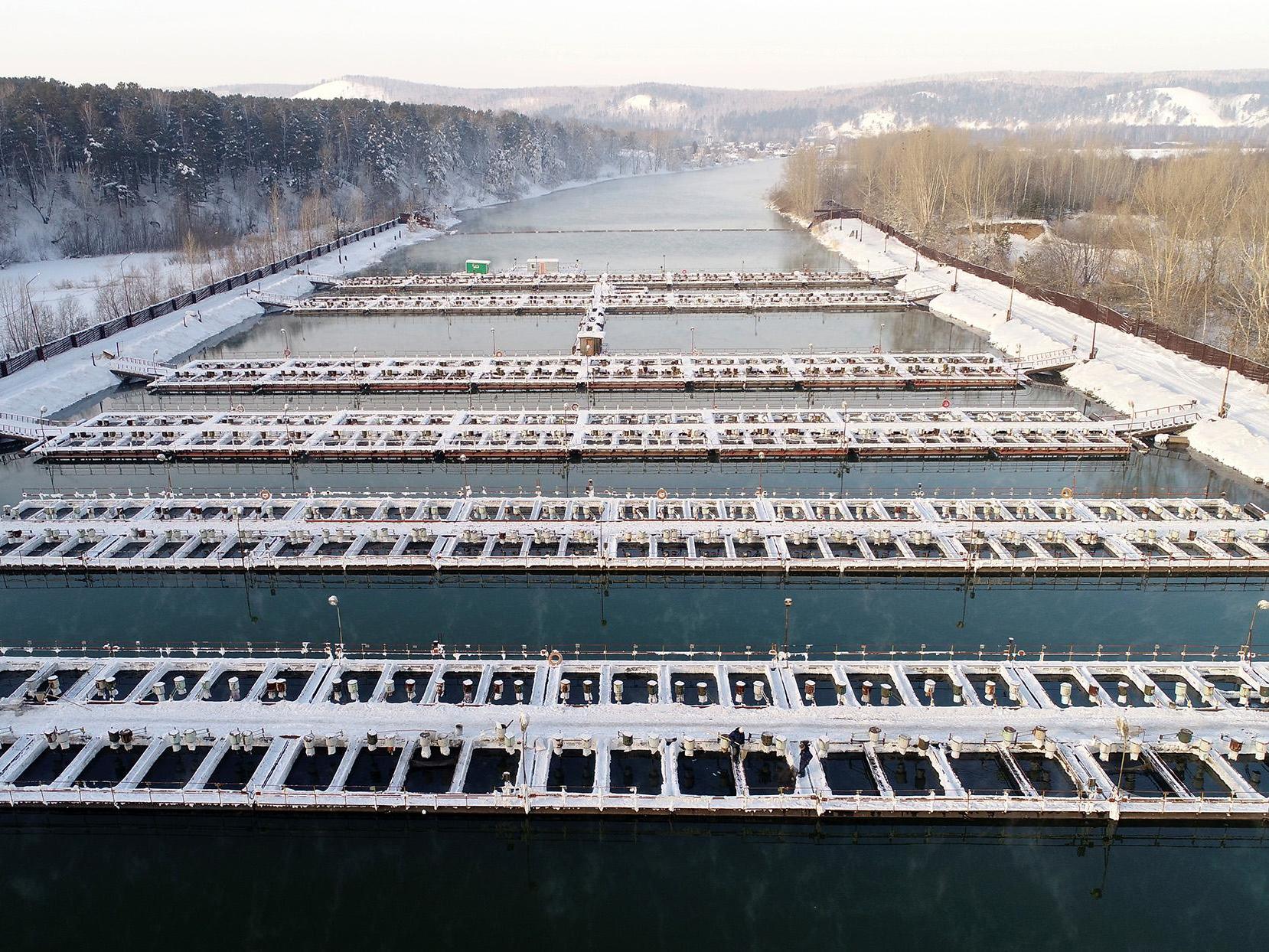This website uses cookies so that we can provide you with the best user experience possible. Cookie information is stored in your browser and performs functions such as recognising you when you return to our website and helping our team to understand which sections of the website you find most interesting and useful.

Farmed fish are at increasing risk of disease due to global warming, a study has found for the first time.
Researchers discovered that as oceans and freshwater sources heat up, conditions become more favourable for bacteria, leading fish farmers to use increasing amounts of antimicrobial drugs to fight disease in their stock.
But large quantities of antimicrobial agents in fish farms has led to an increase in drug-resistant bacteria.
“Resistant bacteria in aquaculture can either spread or transmit their resistance genes to non-resistant bacteria that infect humans, thus causing diseases that are difficult to treat in both animals and humans,” Samira Sarter, a microbiologist who was part of the study, told Science Daily.
The report, published last week in Nature Communications, was conducted by researchers from the Institute of Evolution Sciences at the University of Montpellier, France.
The researchers analysed more than 400 scientific articles on over 11,000 bacteria found in aquacultures from 40 countries to come up with a multi-antibiotic resistance index. It revealed that low and middle-income countries had high antimicrobial resistance (AMR) levels.
The study also found that "infected aquatic animals present higher mortalities at warmer temperatures. Countries most vulnerable to climate change will probably face the highest AMR risks, impacting human health beyond the aquaculture sector, highlighting the need for urgent action. Sustainable solutions to minimise antibiotic use and increase system resilience are therefore needed".
When micro-organisms such as bacteria, fungi, viruses and parasites become resistant to antimicrobial drugs - a range of treatments which include antibiotics and antifungals - they are often referred to as “superbugs”, according to the World Health Organization (WHO).
The resistant infections have huge implications for the aquaculture industry, where farmers rear fish and shellfish.
The aquaculture industry provides half of the fish and seafood consumed worldwide and is a vital source of protein for a growing number of people around the world, particularly in the developing world. The global population is expected to increase by 2bn people by 2050. Food security is a looming challenge in countries facing more droughts, floods and wildfires due to climate change.
In 2016, 37 countries were producing more farmed than wild-caught fish, according to the UN's Food and Agriculture Organization. In 2014, a report by the World Bank predicted that by 2030, 62% of the seafood consumed globally will be farm-raised.
An estimated 700,000 deaths around the world each year could be attributed to antimicrobial resistance, according to WHO, and this is predicted to increase to 10m deaths annually in the next 35 years.
The health risk does not only apply to fish farming but also to farming on land. According to the CDC, an estimated 6 in 10 known infectious diseases in people can be spread from animals.
The researchers said alternatives for antibiotics are needed urgently on fish farms. One solution could be using certain plant varieties which help boost disease immunity in fish.
The study also recommended better land management to prevent run-off from crops, animal farming and sewage entering water sources.



 Africana55 Radio
Africana55 Radio 

